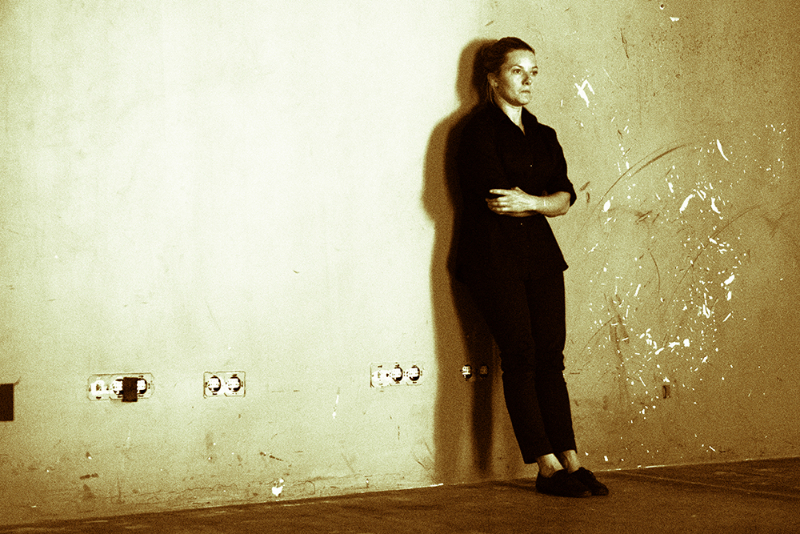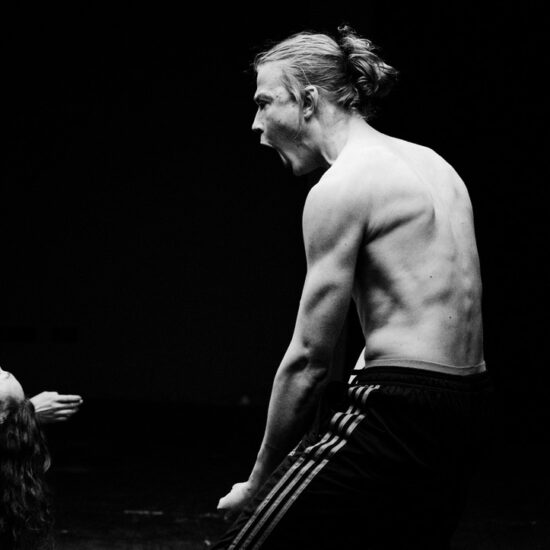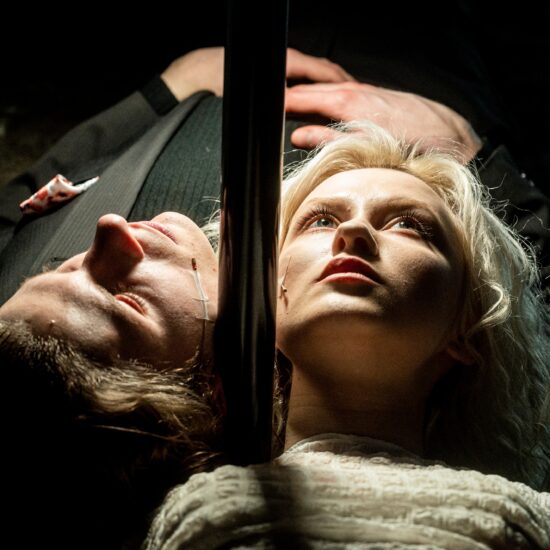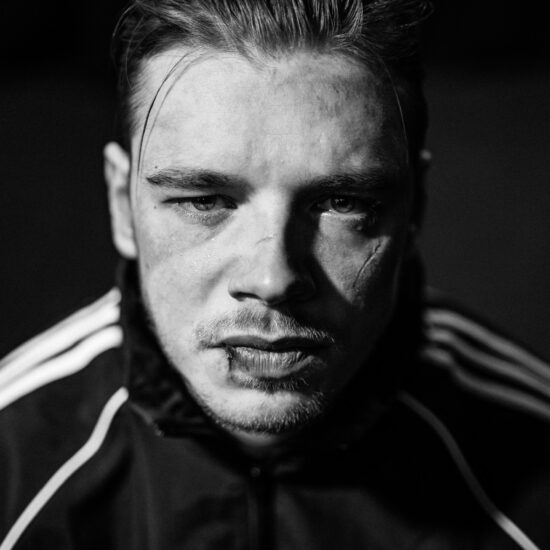THE SEAGULL
“To stage Chekhov is to diagnose the diseases of our time, the gouts of our soul, using intonations like scalpels. For an actor to venture into playing in Chekhov’s plays is somewhat similar to a doctor taking the Hippocratic Oath because every moment in a Chekhovian drama is a metastasis of fate. Unfortunately, often the passion, love, jealousy, and hatred present in Chekhov’s plays have been hushed up, drowned in the fog of minor intellectual elegies, tea-table talks, with life merely passing by. But all this is nothing but academic and, in fact, truly political censorship. In truth, life does not pass by in Chekhov’s plays – it opens up for the characters and the audience with all the power of its love and existential horror” – the director Koršunovas shares his ideas on the play he’s working on. The director and his group of actors are trying to get to the very core of the play, which has been more than often concealed under ornate costumes, sumptuous set designs or uplifting intonations.
The Seagull was born in the laboratory space of the OKT studio. The Lower Depths and Krapp’s Last Tape were staged and Hamlet and Miranda took their first steps in this open, intimate, unadorned, authentic space. The director sees a very close relationship between The Seagull, which is still in the making, and Hamlet and The Lower Depths that are already running.
“This is a great play to experiment. From the very beginning, it was doomed for explorations. With The Seagull we continue exploring the themes also present in Hamlet and The Lower Depths, those of the contemporary theatre, the contemporary actor, and the contemporary viewer. The Seagull is the third part of the triptych. All of these parts are joined together by a special focus on the actors. In The Seagull we seem to seek the impression that the audience is included in the story. Such interactivity is not autotelic – already fifteen years ago, our theatre formulated one of its main mottos, i.e. to stage classics as contemporary plays, making them an interpersonal experience rather than a historical digression. Therefore, we seek the viewer’s involvement in the creative process of the play.” – says Koršunovas.
Treplyov’s phrase “We need new forms” and Arkadina’s response “That is the talk of a decadent” are more than familiar to Koršunovas’ theatre. Its very first performances There to Be Here, Hello Sonya New Year, P.S. File O.K., Roberto Zucco, Fireface, as well as the plays that followed, screamed for the need of new forms, while part of the public was categorical and made it clear in one way or another that they thought plays directed by Oskaras Koršunovas were somewhat decadent .
“I turn up the thumbs on every Treplyov’s word on theatre. True, we must view the performance from his position. Yet, no matter how important the theme of the theatre, the writer first and foremost talks about life,” – told his actors Koršunovas in one of the rehearsals.

Set designer
Oskaras Koršunovas
Costume designer
Dovilė Gudačiauskaitė
Composer
Gintaras Sodeika
Lighting designer, lighting instalation author
Eugenijus Sabaliauskas
Video artist
Aurelija Maknytė
Cast
Treplyov - Martynas Nedzinskas
Irina Arkadina - Nelė Savičenko
Sorin - Darius Meškauskas
Nina - Gelminė Glemžaitė
Shamrayev - Vytautas Anužis
Polina - Airida Gintautaitė
Masha - Rasa Samuolytė
Trigorin - Darius Gumauskas
Dorn - Dainius Gavenonis
Medvedenko - Kirilas Glušajevas, Giedrius Savickas
Premiere
2014 February 22
Reviews
Maria Shevtsova / Critical Stages
Goda Dapšytė / Menų faktūra
Rasa Vasinauskaitė / 7 meno dienos
Konstantinas Borkovskis' blog
Rūta Oginskaitė / Lietuvos rytas



